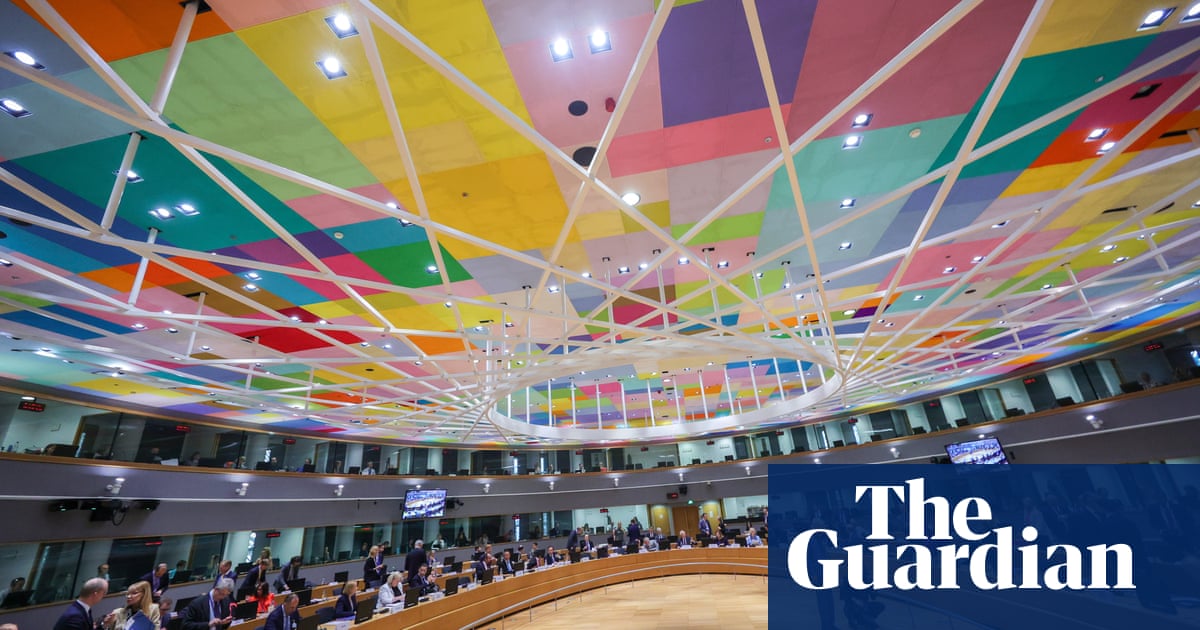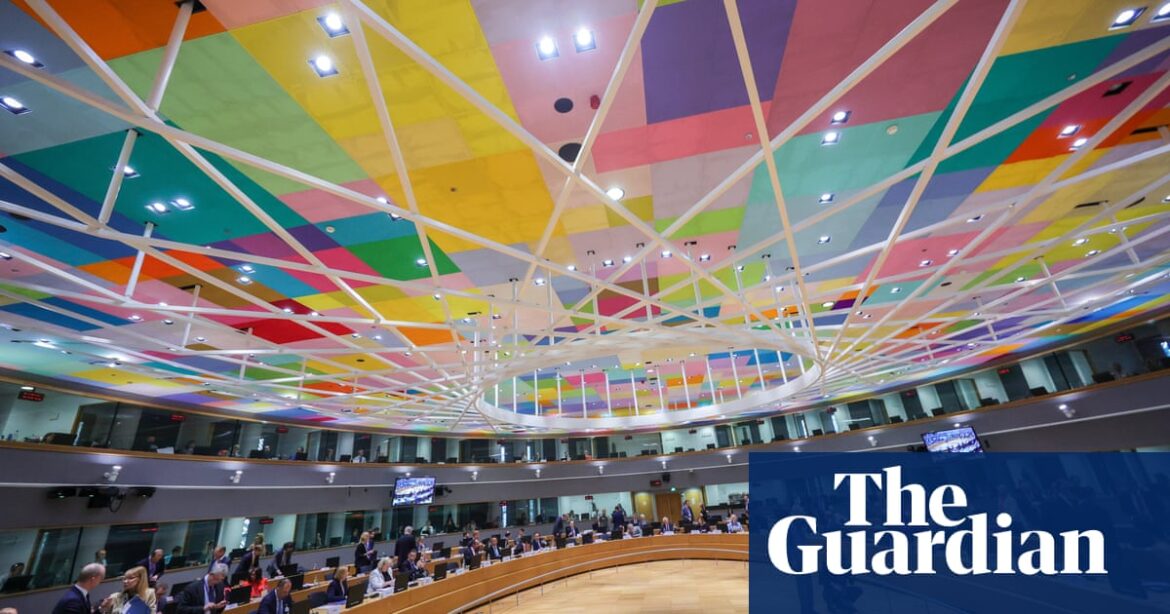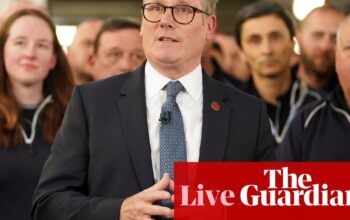
Labour wants to draw closer to Europe on key foreign and security issues by frequently attending meetings of the monthly EU foreign affairs council.
The move, which is likely to trigger Conservative claims that Labour is prepared to abandon an independent foreign policy, builds on a pledge by Keir Starmer’s party to try to negotiate a new security pact with the EU after the 2024 UK election.
Labour sources said the shadow foreign secretary, David Lammy, was not seeking ad hoc membership of the foreign affairs council or even voting rights, but needed to be involved in a more structured dialogue with Europe, given the importance of foreign affairs to UK national security and economy.
The idea of the UK government still attending the EU foreign affairs meetings was raised by the former Conservative foreign secretary Lord Hague immediately after Brexit. It was jettisoned when the Conservative government under Boris Johnson rejected any foreign and security agreement with the EU, preferring to focus on a bare-bones trade agreement.
Figures such as Antony Blinken, the US secretary of state, have attended meetings of the foreign affairs council but the UK has avoided this, preferring bilateral discussions with like-minded foreign ministers, especially Germany and the Nordic countries.
The need to develop a dialogue with Europe may become more acute if Donald Trump is elected president and the US shifts to a more isolationist and protectionist phase, making Europe a more important pole in British-foreign relations. Lammy says he is prepared to work closely with either a Democrat or Republican administration.
In a wide-ranging article for Foreign Affairs magazine, Lammy hints at the idea, writing: “Given the difficult debates ahead with the US about defence burden-sharing it is ever more important that the UK develop closer foreign and security cooperation with the EU. Both parties must be honest about the gravity of this moment. From Ukraine to Gaza and the Sahel there is a conflict and instability near Europe’s borders that affects the UK and the continent’s interests equally. Yet the EU and the British government have no formal means of cooperation on foreign policy.”
He said the UK must seek a geopolitical partnership with the EU of which the centrepiece would be a security pact.
He also suggests the UK could forge closer links with France, Germany and Poland by joining their “Weimar triangle”. In addition, Lammy believes relations with Ireland are ripe for improvement and also proposes a defence partnership with Germany similar to the longstanding one with France.
The foreign affairs council operates through often painfully obtained unanimity and is sometimes seen as ineffectual. But over Ukraine the EU has generated a stronger common position including on sanctions policy that has, in turn, led to calls for the EU to integrate its defence spending.
Labour has insisted it will not rejoin the customs union or single market if elected.
Source: theguardian.com



